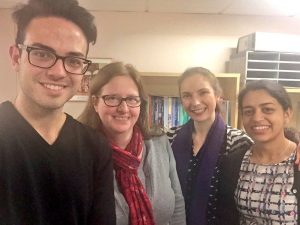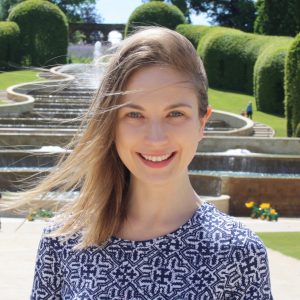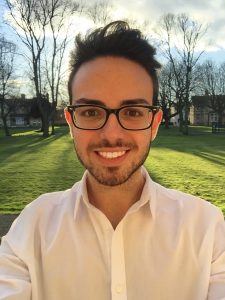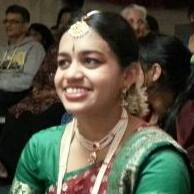In the second of a three-part interview series with Professor Una Macleod, HYMS students Chaitra Dinesh, Vassili Crispi, and Alexandra Abel focus on the Dean’s research interests and academic background, and gain valuable advice for students keen to get involved in research.
 Could you tell us about your journey in academia?
Could you tell us about your journey in academia?
I did my fellowship on cancer outcomes. Women who are more affluent are slightly more likely to get breast cancer than women who are more deprived, and that’s thought to be related to hormone use and other factors, but essentially women who are deprived die sooner. In the 1990s, it was thought that this was probably related to the fact that women who were more deprived presented later with bigger cancers and more aggressive tumours. A public health doctor in the early 90s had done some research in Glasgow where he looked at the pathology and discovered there wasn’t actually any difference, so that raised the question of whether it’s the treatment or management of patients that is different.
I got some grants in Glasgow looking at reasons for delay – which you will have looked at if you’ve done my SSIP – including why patients delay presenting cancer symptoms, and why GPs might delay acting on them, and my PhD study then compared the treatment, management and care of women with breast cancer from affluent and deprived communities. Since then I’ve continued in cancer and primary care research; once you become known for work in a particular area, it’s much easier to stay there because that’s where you get funding!
At that time there was hardly any primary care cancer research, but this area has grown into a whole community in recent years. I still have some grants ongoing, including one from Cancer Research UK about emergency presentation, which looks at patients with colorectal cancer, and their primary care experience before being diagnosed.
There’s also some research that Yorkshire Cancer Research have funded which focuses on lung cancer presentation. UK outcomes are not as good as comparable European countries, so there has been a lot of work to try and discover why that is. Most people think it must be to do with the diagnostic process, so work has been carried out to raise awareness among patients, and encourage people to attend healthcare early. Other researchers have focused on the GP side. Our study will look at both sides together – trying to get messaging right for people in Hull as well as getting GPs to respond. It feels like the culmination of work I’ve spent a lot of time on.
Are you still involved with research as Dean?
I came to HYMS to do research. Prior to taking up the post of Dean, I co-founded the Supportive care, Early Diagnosis and Advanced disease (SEDA) research group, and I still try to remain research active.
Some of our MB BS students are currently undertaking their INSPIRE summer research projects across the HYMS region. If you were to give advice to students interested in research, what would it be?
I think you need to give it a go, and give it a go early. You need to have developed a CV, so I’m very keen to support things like the INSPIRE projects.
Intercalation is another option: you don’t have to intercalate to have a research career, but it’s an option. After qualification, there’s now the academic foundation programme (AFP), which is very competitive but shows the path from being a medical student to being a professor. That wasn’t the case when I was a student. On the other hand, if you’re really not sure, don’t feel you have to decide right now. There are always ways of picking it up.
If you’d like to find out more about the INSPIRE programme, please contact the HYMS Student Research Society.


 Professor Una Macleod was interviewed by Alexandra Abel, Vassili Crispi, and Chaitra Dinesh.
Professor Una Macleod was interviewed by Alexandra Abel, Vassili Crispi, and Chaitra Dinesh.

